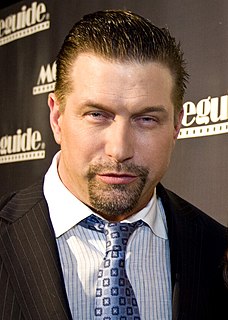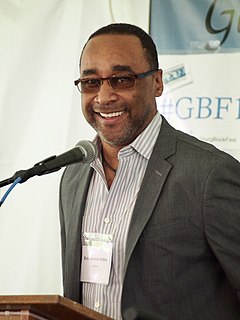A Quote by Philip K. Dick
When he turned on the tape-transport once more, Arctor was saying, "-- as near as I can figure out, God is dead." Luckman answered, "I didn't know He was sick.
Related Quotes
When I do a record, it sounds more punk and raw. Or it will sound louder, or it will sound more shocking. Or mind-boggling. I'll be trying to figure it out, but once I've got it figured out I'll be like, I know this; I know where this came from. I think art is most interesting when the intention is not clear.
I had invented my own system, my own way of making electronic music at the San Francisco Tape Music Centre, and I was using what is now referred to as a classical electronic music studio, consisting of tube oscillators and patch bays. There were no mixers or synthesizers. So I managed to figure out how to make the oscillators sing. I used a tape delay system using two tape recorders and stringing the tape between the two tape machines and being able to configure the tracks coming back in different ways.
Many of the questions we ask God can't be answered directly, not because God doesn't know the answers but because our questions don't make sense. As C.S. Lewis once pointed out, many of our questions are, from God's point of view, rather like someone asking, "Is yellow square or round?" or "How many hours are there is a mile?
Death. To die. To expire. To pass on. To perish. To peg out. To push up daisies. To push up posies. To become extinct. Curtains, deceased, Demised, departed And defunct. Dead as a doornail. Dead as a herring. Dead as a mutton. Dead as nits. The last breath. Paying a debt to nature. The big sleep. God's way of saying, "Slow down."
I really comprehend the fact that some of what I have to say sounds a little weird. But the more and more I purge myself of the stuff that had my focus so turned away from God, the more I shred myself, the more I have a greater connection to God. And what I know now that I didn't know then is that's why I'm here.
In an age of information overload ... the last thing any of us needs is more information about God. We need the practice of incarnation, by which God saves the lives of those whose intellectual assent has turned them dry as dust, who have run frighteningly low on the Bread of Life, who are dying to know more God in their bodies. Not more about God. More God.






































